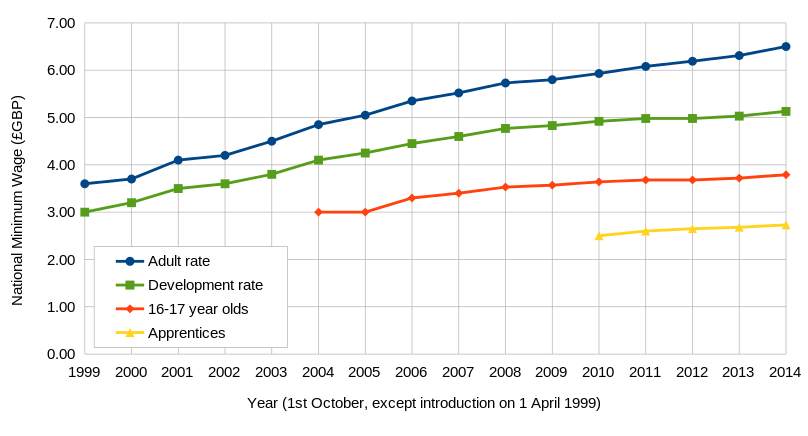Simon Deakin
Simon Deakin Simon Deakin is Professor of Law at the University of Cambridge and a a programme director at the Centre for Business Research. He specialises in labour law, private law, company law, EU law, law and economics, law and development and empirical legal studies










Employment Rights Bill: Yet another missed opportunity for workers’ rights